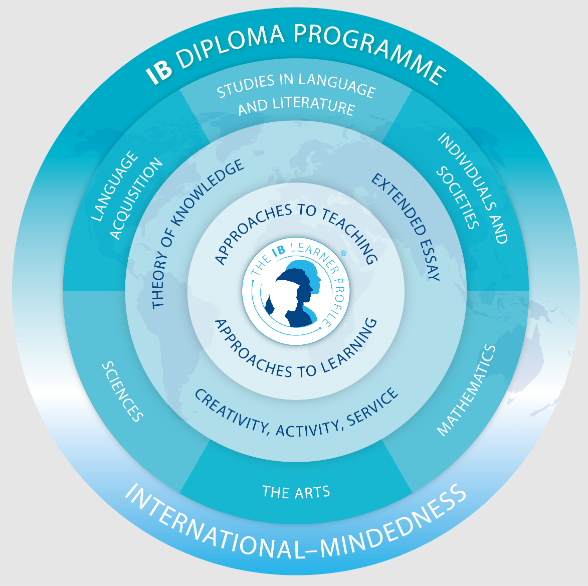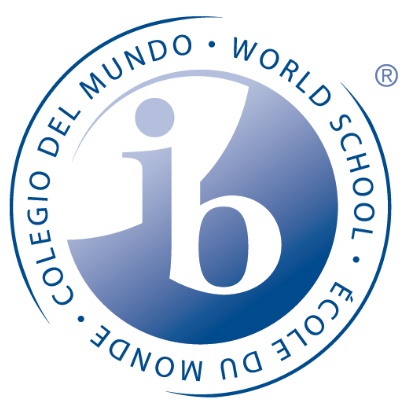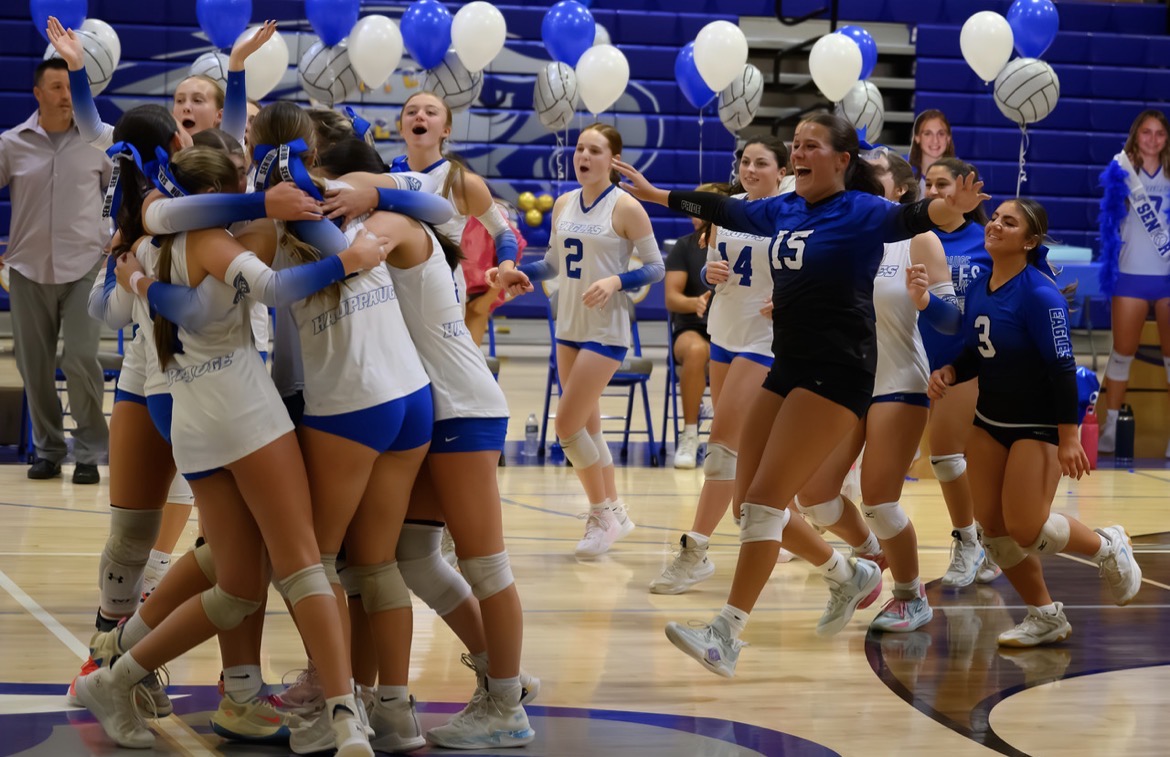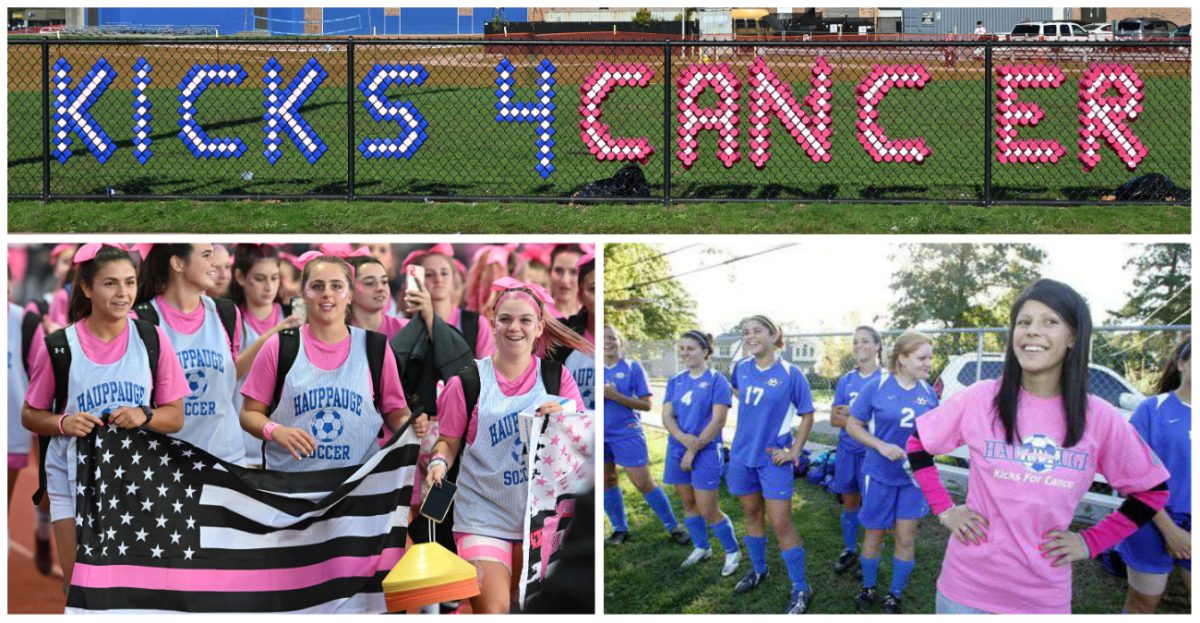The International Baccalaureate Program is an educational plan used by schools across the world aimed at providing students with a nuanced understanding of various topics as well as providing a global perspective on learning. While the program has proven to be very rewarding, helping students be accepted into elite colleges and obtain scholarships, it has been criticized for its excessive workload and sometimes redundant work. Various students participating in the IB program (called “diploma candidates”) were asked what they felt the best and worst parts of the program were.
One of the main goals of the IB program is to encourage teamwork and unity between students. Many IB classes require “collaborative projects” in which students create work together and are graded both as a unit and on their ability to contribute to a team. More than that, because diploma candidates take many of the same classes and are on the same graduation track, they form a “cohort.” An IB cohort is a group of IB diploma candidates from the same grade at the same school who often bond over the IB curriculum and develop close friendships. Senior Daniela Silva notes that her favorite part of the IB program is being a part of the cohort, saying “I feel like we help each other really well.” Class president and IB diploma candidate Colin Buscarino says he believes the best part of the IB program is “the comradery between the candidates.”
In addition to social benefits, many feel IB is academically worth it as it both bolsters a college application and prepares students for college life. Candidate Daniel Holtje informally noted that, as an IB scholar, “When you apply to colleges, they give you a lot of money.” IB students are automatically eligible for scholarships from many accredited universities such as the University of Oregon, the University of Rochester, the New York Film Academy, Texas Tech University, and more. IB students are also more likely to receive academic merit scholarships from their college once accepted, and are more likely to be accepted into college in general. IB students are 18% more likely to be accepted into an Ivy League school than the general population. Also, because the IB program is based on developing a global perspective and analyzing topics with an academic and nuanced lens, the program better prepares students for a college workload. “The classes prepare us pretty well for college,” Silva said. Comprehensive academic papers (called “Internal Assessments”) are a mandatory part of nearly every IB class, teaching students how to research and examine topics in depth as one would need to in a college course. Smaller research papers are also utilized as regular homework for IB classes, allowing students to gain writing and research skills while becoming incredibly well-versed in the content. Though, this extensive knowledge may inflate egos, as diploma candidate Kairan Zhang notes “The best part [of the program] is definitely feeling smarter than everyone else.”
 However, the IB program does have its flaws. When asked what he thought the worst part of the IB program was, Daniel Holtje responded “Can I give more than one answer?” before quieting down as his Theory of Knowledge teacher Deborah Surian walked by. One hundred percent of students interviewed cited the workload as the worst part of the program. Interviewees described IB coursework as “heavy,” “ever-present,” “extensive,” “enormous,” and “crushing.” Daniela Silva believes that the courseload “affects some of us mentally” as students come under stress and no longer have time for relaxing and fun activities. Daniel Holtje also noted that, as IB attempts to develop well-rounded students by requiring classes in a variety of subjects, students may end up dedicating time to subjects they have no interest in and will not help them in their adult lives. “A lot of times you have to take classes that you really don’t want to because you have to just to fulfill a requirement.” He also commented on the internal assessments required for each of these classes, noting the extra work required for a subject students aren’t interested in.
However, the IB program does have its flaws. When asked what he thought the worst part of the IB program was, Daniel Holtje responded “Can I give more than one answer?” before quieting down as his Theory of Knowledge teacher Deborah Surian walked by. One hundred percent of students interviewed cited the workload as the worst part of the program. Interviewees described IB coursework as “heavy,” “ever-present,” “extensive,” “enormous,” and “crushing.” Daniela Silva believes that the courseload “affects some of us mentally” as students come under stress and no longer have time for relaxing and fun activities. Daniel Holtje also noted that, as IB attempts to develop well-rounded students by requiring classes in a variety of subjects, students may end up dedicating time to subjects they have no interest in and will not help them in their adult lives. “A lot of times you have to take classes that you really don’t want to because you have to just to fulfill a requirement.” He also commented on the internal assessments required for each of these classes, noting the extra work required for a subject students aren’t interested in.
Overall, the IB program offers many opportunities to diploma candidates, but those opportunities come at a heavy cost. In a sense, that fact prepares students more for adult life than any test could.










